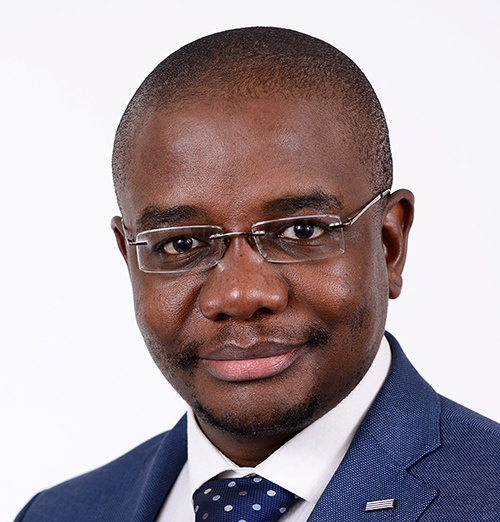Corridor Africa Technologies is a leading and innovative smart technology and solutions provider headquartered in Centurion, South Africa. We hear from Corridor Africa Technologies, CEO, Matone Ditlhake who comments on the continued consolidation of the telecom sector and the possible impact on competition in the industry.

Consolidation continues to drive the telecom sector with most players focussing on their fibre assets. While Vodacom has agreed to acquire a co-controlling stake in InfraCo through Community Investment Ventures Holdings (CIVH), MTN has sold its mast and tower assets to international player IHS Towers. Gyro, a division of Telkom, has also mulled the possibility of selling all its mast and tower assets.
Undoubtedly the most significant announcement is MTN’s intention to acquire 100% of the state-affiliated fixed-line provider Telkom. If the multi-billion Rand deal succeeds, MTN will become the largest player with an 80% market share.
It would also give MTN access to Telkom’s fibre assets, an essential element for expanding its 4G and 5G mobile services. The question is whether the Competition Commission would approve an acquisition that would ultimately result in a telecoms duopoly.
Then Vodacom is planning to acquire a majority stake, along with New GX Capital and Remgro, in a new entity called InfraCo. CIVH, the Remgro-controlled parent company, operates electronic communications infrastructure through its subsidiaries Dark Fibre Africa (DFA) and Vumatel, South Africa’s leading fibre network provider. DFA has a national metro fibre network spanning 13 000 kilometres.
Allowing Vodacom and CIVH to merge could mean the end of any competition, it would see the two largest telecom operators join forces, one in the mobile space and the other dominating the FTTH (fibre-to-the-home) and national long-distance fibre space. Such large mergers were fiercely opposed by the other mobile network operators at Competition Commission hearings.
We’re seeing this happening in many other countries; mobile operators are merging with fixed line players to consolidate and capture market share. This is also a strategic move for players that want to play in the 4G and 5G space, they need more fibre to connect their mobile networks.
IHS Towers, one of the largest independent operators and developers of shared communications infrastructure in the world by tower count, has completed the acquisition of 5,701 South Africa towers from MTN. The company now owns 70% of the South African towers business also provides Power Management Services to MTN SA on approximately 13,000 sites.
Through Swiftnet, a subsidiary and part of the Telkom-owned Gyro Group, Telkom was considering selling off its towers and masts business to an independent tower operator. Swiftnet boasts South Africa’s largest independently run tower portfolio with more than 6000 masts and towers.
South Africa is experiencing an unparalleled wave of telecom mergers with the hope of creating value through the post-merger integration process. These mergers are the logical next step to maintain profitability levels.
However, mergers will reduce the number of operators and could result in higher prices, less choice and a reduction in quality for consumers. Regulators are not showing any particular willingness to approve these mergers, they remain keen to keep healthy competition in the market.
The big question is, will they be happy to reduce the number of operators and still be able to maintain that competitive tension.



